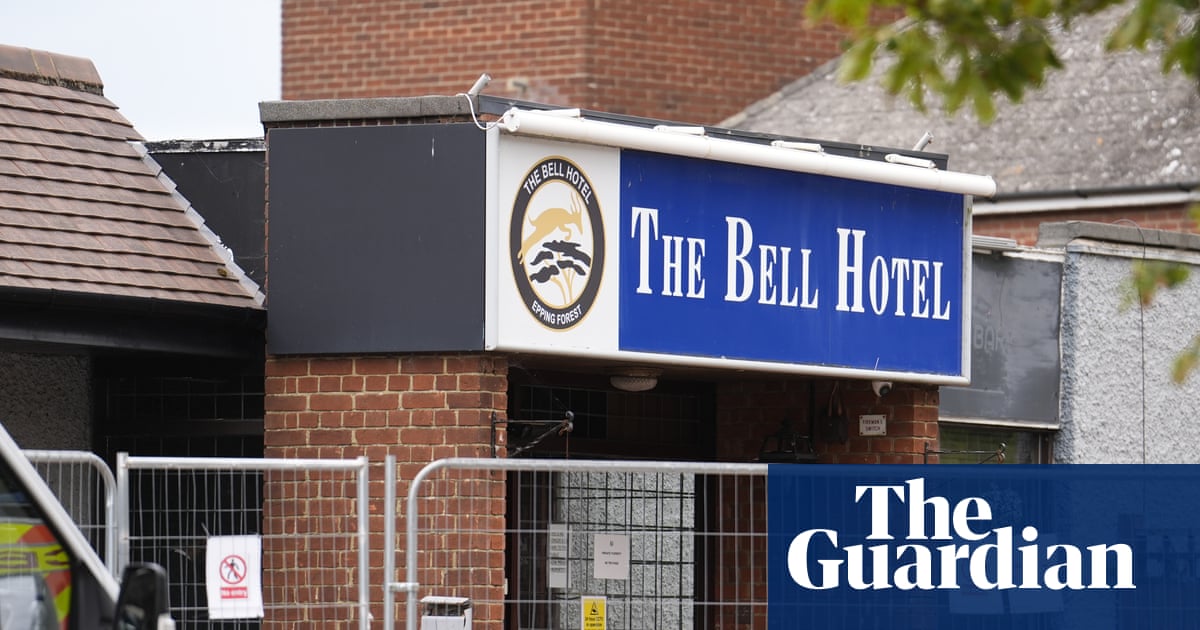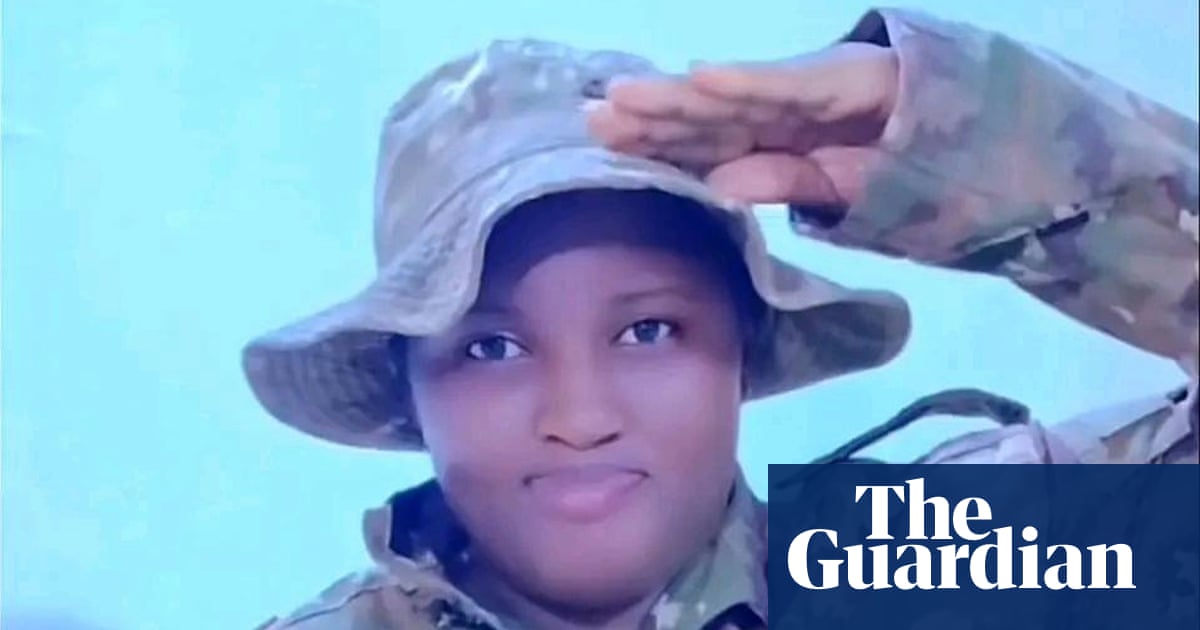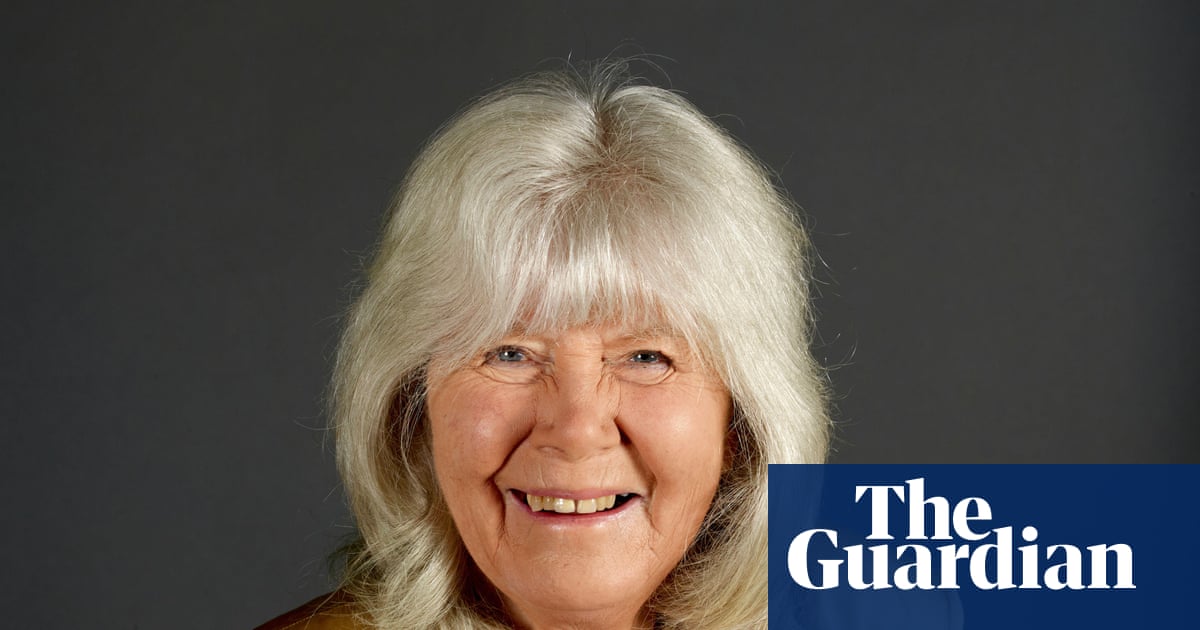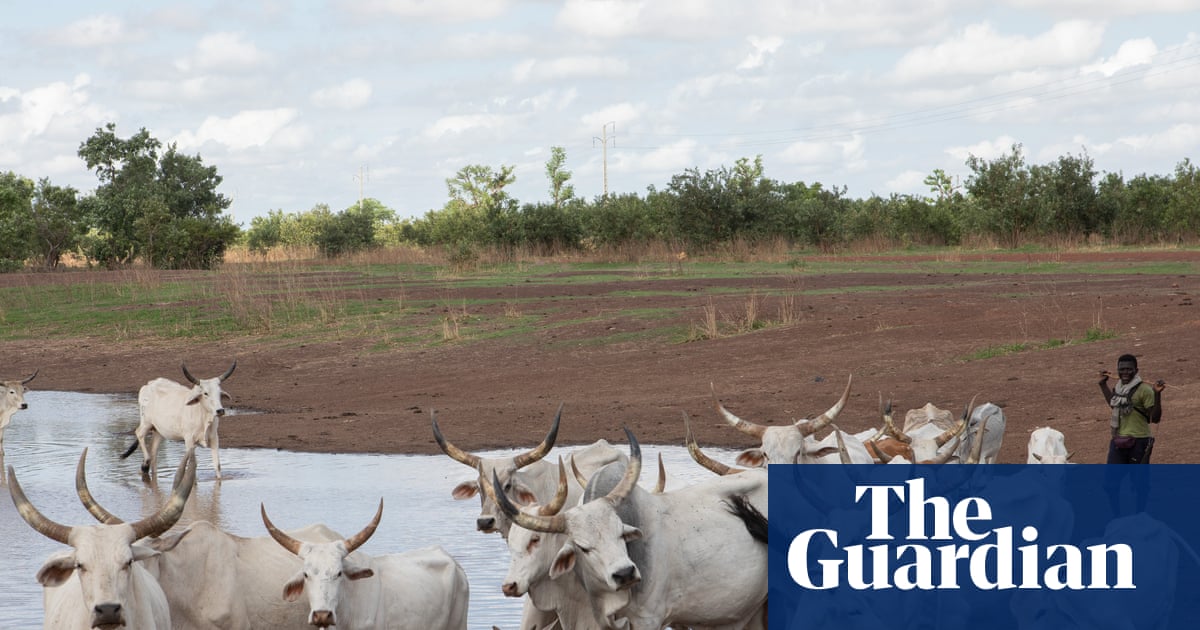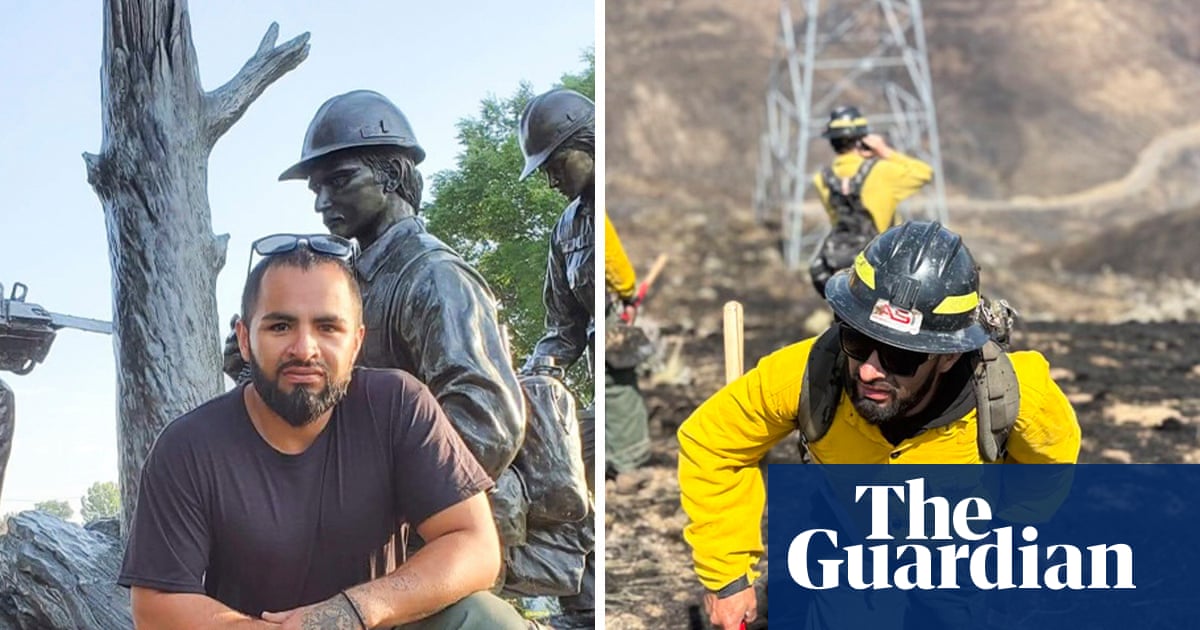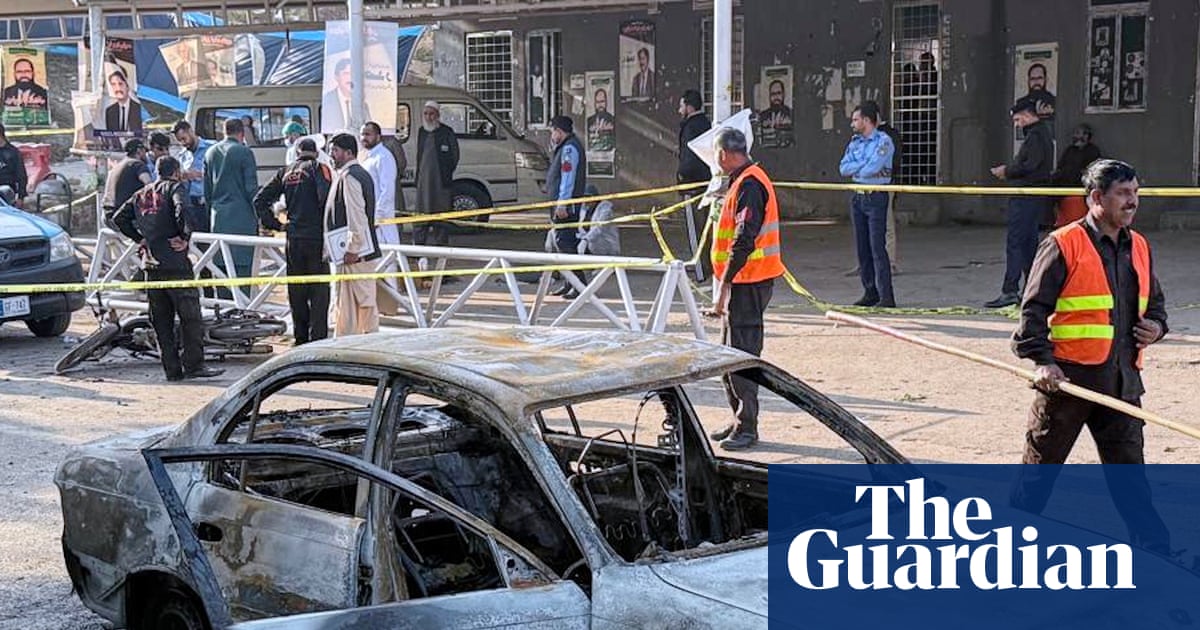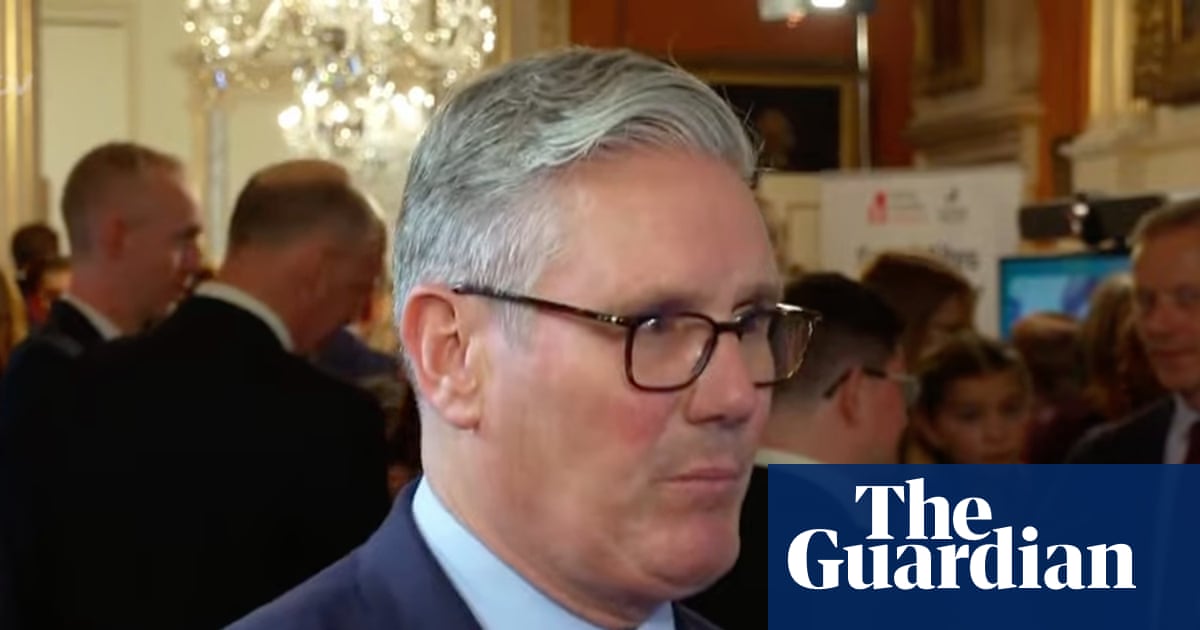Poland says UN security council will meet over violation of Polish airspace
And it’s now confirmed: Poland says the UN security council will host an emergency meeting at Poland’s request.
“(We are) drawing the world’s attention to this unprecedented Russian drone attack on a member of the UN, EU, and Nato,” deputy prime minister and foreign minister Radosław Sikorski told RMF FM radio.
“I have spoken before the UN security council in the past, and it seemed to me that our arguments resonated, that they broke through. We have not yet decided who will speak on behalf of Poland,” he said.
Sikorski also insisted that the attack was deliberate.
“19 violations of our airspace, several dozen drones identified, a few shot down, the action lasting 7 hours, the whole night – so we cannot say it was an accident,” he said.
Sikorski said Poland was getting “a tsunami” of declarations of support from allies, but “needs this to be translated to facts.”
He also warned against suggestions that the drones were of Ukrainian, not Russian origin, dismissing them as part of a Russian disinformation campaign.
Key events 19m ago Grynkewich says 'don't know' if incursions were intentional, says has 'low confidence' in reports on number of drones involved 26m ago 'Lessons to be learned' from drone incursion in Poland, Grynkewich says 31m ago Nato SACEUR Grynkewich notes 'decisive' response to drone incursion in Poland 40m ago Russian drone incursion 'understandably raised level of anxiety in Lithuania,' defence minister says 55m ago Lithuania, Ukraine, Poland condemnt Russian drone incursion, call for coordination on air security, defences 1h ago Russian drone attack was 'test of our capabilities,' Poland's Nawrocki tells airmen 2h ago Russia shows 'no respect for US or Europe' by Poland incursion, former US top general in Europe warns 2h ago 'Putin will move towards peace when he realises he cannot win at acceptable cost,' Poland's Sikorski says 2h ago Poland says UN security council will meet over violation of Polish airspace 3h ago Morning opening: No-fly zone Show key events only Please turn on JavaScript to use this feature
Grynkewich says 'don't know' if incursions were intentional, says has 'low confidence' in reports on number of drones involved
Pushed again on the Polish incident, Supreme Allied Commander Europe Grynkewich offers a bit more operational detail.
He says “we do not yet know if this was an intentional act or an unintentional act” from Russia.
He also cautions against focusing too much on the reported numbers of drones involved, saying:
“I would also have low confidence in any numbers that that you’ve heard of the number of drones. …
As we try to account for that and go into the technical details, will get a better understanding of how many there were, but I would not be able to tell you with any confidence today that it was 20 or that it was 10. We just have to get into the technical details to figure that out, to debrief the crews that were up see what they saw.”
He also offers a bit more detail on thinking when it comes to intercepting these drones, as he says:
“Anytime you’re using aircraft to defend against the drone attack like this, and I’ve got a fair amount of experience from this, from my time in the Middle East, you have to make choices about which drones to intercept and which ones not to, based on the number of aircraft you have airborne.
If something is going out into a field, you might let it go, versus it’s heading toward an airfield that’s critical to your combat operation.
So I’m confident that the aircrew and the forces made the right decisions about what they could do with the resources that they had.”
Grynkewich also gets pushed on whether Nato’s response would be the same if it faced a “swarm” of drones to which he replies:
“There’s no doubt in my mind, if we experience a drone swarm of hundreds, that is not an accident, that is not an incursion, that would be an attack against Alliance territory.
In that case, you’re looking at the activation of plans and the flow of additional capabilities into Allied Command operations, and under Saceur that we would deploy forward to help manage that.
I won’t get into the details of what our strengths and weaknesses are with that, but in event of an armed attack in an Article Five invocation, a lot more things would start to happen, and it would be a very different ballgame.”
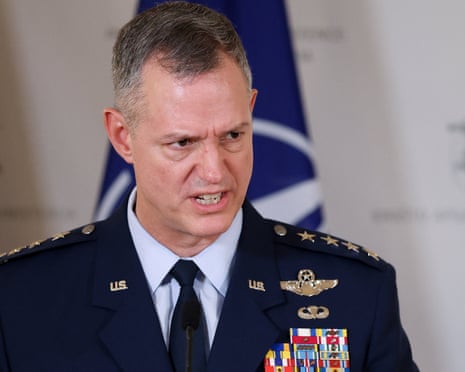
'Lessons to be learned' from drone incursion in Poland, Grynkewich says
Grynkewich now gets a specific question on Poland.
He speaks about how allied command operations worked in this case, with every level “doing exactly what they were supposed to do, which was to defend Alliance territory.”
“I trust Alliance air crew and Alliance forces to execute that mission every single day, and we’ll do the same anytime something is coming toward Alliance territory,” he says.
He says the response was “well executed,” adding that “I’m sure there are lessons that we’ll learn that can make us better, but it was very well executed.”
“I’m very proud of our team that did this,” he says.
Responding to a question on high costs associated with the type of response scrambled on Thursday, he says “there’s absolutely more to be done” with “enhancements to weaponry that allow us to get to a lower cost per engagement” and “get us on the correct side of the cost curve.”
But he stressed:
“But when you’re when you’re an operational commander, and you have a capability and there’s an attack or an incursion into your airspace, the cost of the weapon doesn’t matter at that moment in time; you’re going to use it to defend our population.”
Nato SACEUR Grynkewich notes 'decisive' response to drone incursion in Poland
Supreme Allied Commander Europe Alexus Gregory Grynkewich begins his speech by noting the anniversary of 9/11, as he reminds that it was the only time in Nato’s history that allies invoked Article Five of the Washington Treaty.
He says Lithuania is “a model ally … and a true friend,” meeting high spending targets in Nato and “setting an example for all of our allies.”
Grynkewich makes a passing reference to recent events in Poland while praising Lithuania’s work “on the political front within the Alliance,” saying it’s such actions that “have allowed Nato to act, as we did, decisively on the southern border of Poland in recent days.”
He says Allied Forces are doing more and working closely “to protect our population from drones” with a new reporting centre offering warnings about aerial launches against Ukraine that could cross into Lithuania.
He says the work in this area was “tested the night before last,” and he says that “based on the lessons from these events, we’re going to continue to work to improve our ability to defend every single inch of alliance airspace.”
Grynkewich also says that “the rotational air defence model is one that has a lot of my attention, and that I think, given the events in Poland and the other incursions here in the Baltic states, it’s very important to use this as an opportunity for allies to step forward and commit capabilities to that model.”
Russian drone incursion 'understandably raised level of anxiety in Lithuania,' defence minister says
Lithuanian defence minister Dovilė Šakalienė is giving a press conference with Supreme Allied Commander Europe Alexus Gregory Grynkewich in Vilnius.
Šakalienė says that the events in Poland “understandably raised certain level of anxiety in Lithuania as well,” as she noted that “every one of us on the eastern flank is facing certain risk every single night.”
She also said that Lithuania continued to be remained about the force posture and continued presence of US troops in the region amid rumours that the US could look to reconsider its deployment.
“I presented the perception of deterrent factor of United States troops here in Lithuania. It’s crucial here to deter Russia,” she says.
On drones specifically, she says that there is need for “additional capabilities,” including “additional sensors to better detect drones.”
Lithuania, Ukraine, Poland condemnt Russian drone incursion, call for coordination on air security, defences
Foreign ministers of Lithuania, Ukraine and Poland have just issued a joint statement “strongly condemning the recent incursion of Russian drones into Polish territory,” calling it a “deliberate and coordinated attack” and an “unprecedented provocation.”
They recognised the need for “better coordination and operational coopration between our respective structures responsible for air security” to “prevent the harmful consequences of Russia’s outrageous actions.”
But they also called on international partners to “urgently strengthen Ukraine’s air defences and support Lithuania and Poland in their efforts to secure the eastern flank of Nato and the EU.”
Only an adequate and resolute response will half further escalation.
We have a bit more details on Poland’s decision to ban drone flights and introduce restrictions on air traffic along its eastern border with Belarus and Ukraine (9:39).
The restrictions, which do not affect passenger traffic, went into force at 2200 GMT on Wednesday and apply through 9 December, the Polish Air Navigation Services Agency (PANSA) said in a statement quoted by Reuters.
General aviation, mainly small and recreational aircraft and helicopters, can operate during the day provided they have a radio and transponder, but cannot fly at night, PANSA said.
Flights will be permitted only up to a height of about 3 km (1.86 miles) above ground level, it said. Commercial flights usually fly at altitudes over 3 km above the ground.
“The zone extends from 26 to 46 km inland, depending on the location,” PANSA statement read.
Russian drone attack was 'test of our capabilities,' Poland's Nawrocki tells airmen
Poland’s president Karol Nawrocki is now visiting a military airbase in Poznań-Krzesiny.
Thanking airmen for their service, he said:
“This Russian provocation, as the generals and our soldiers are well aware, was nothing more than an attempt to test our capabilities; our ability to respond, including that of politicians, the President of Poland, and the Prime Minister of Poland, to what is happening in today’s world, what is happening right now.
It was an attempt and a provocation to check the functioning within the North Atlantic Alliance and our readiness to respond.”
He continued:
“And for that, I want to thank you … because we have passed all these tests. Both the political test and the partnership test within the North Atlantic Alliance, carrying out our diplomatic tasks since last night, and above all the military test – your readiness to respond to the Russian provocation.”
Russia shows 'no respect for US or Europe' by Poland incursion, former US top general in Europe warns
Ben Hodges, former commanding general of United States Army Europe, warned that the Russian incursion into Polish airspace showed the Russian forces “have no respect for the US or Europe” as “they are quite certain that none of us will take any meaningful action.”
He also appeared to be critical of the way Poland responded to the attack, as he continued:
“Using fighter jets to shoot down drones? The Ukrainians don’t do it that way. We are still not prepared for Russian drones or missiles entering our airspace. We need ground-based systems, like those the Ukrainians use to shoot them down.”
Hodges also called for EU and US sanctions to be tightened further, arguing that many components in the drones used against Poland were “most likely [sourced] from western countries.”
“Companies know where and what they are selling. Saying, ‘we didn’t send this to Russia,’ is irresponsible. The priority should be on enforcing the existing sanctions, not adding new ones that will not be respected,” he told Polish website Wirtualna Polska.
'Putin will move towards peace when he realises he cannot win at acceptable cost,' Poland's Sikorski says
Poland’s Sikorski was also asked about the prospects for the war in Ukraine.
He told RMF FM:
“I am not one of those who believe in quick solutions. This is a colonial war. Historically speaking, such wars usually lasted about a decade.”
He continued:
“Putin will move toward peace when he realises that he cannot win it at an acceptable cost, and he still believes he is winning.
That is why talk of reaching an agreement with him in fact prolongs the war, because it reinforces Putin’s belief that he can achieve politically what his army is unable to achieve in Ukraine.”
Sikorski warned that Putin was “waging a hybrid war across all of Europe,” and “his goals, I believe, are more ambitious than some people think.”
“He not only wants to dominate Ukraine, but also to push the United States out of Europe and divide the alliance,” he stressed.
Poland says UN security council will meet over violation of Polish airspace
And it’s now confirmed: Poland says the UN security council will host an emergency meeting at Poland’s request.
“(We are) drawing the world’s attention to this unprecedented Russian drone attack on a member of the UN, EU, and Nato,” deputy prime minister and foreign minister Radosław Sikorski told RMF FM radio.
“I have spoken before the UN security council in the past, and it seemed to me that our arguments resonated, that they broke through. We have not yet decided who will speak on behalf of Poland,” he said.
Sikorski also insisted that the attack was deliberate.
“19 violations of our airspace, several dozen drones identified, a few shot down, the action lasting 7 hours, the whole night – so we cannot say it was an accident,” he said.
Sikorski said Poland was getting “a tsunami” of declarations of support from allies, but “needs this to be translated to facts.”
He also warned against suggestions that the drones were of Ukrainian, not Russian origin, dismissing them as part of a Russian disinformation campaign.
Morning opening: No-fly zone

Jakub Krupa
Poland has requested an emergency UN security council meeting after an incursion of Russian drones into Polish airspace earlier this week.
As the fallout from the incident continues, Poland also seeks to step up its defences with plans to restrict air traffic in the eastern part of the country, in areas neighbouring with Belarus and Ukraine, which will be closed until 9 December.
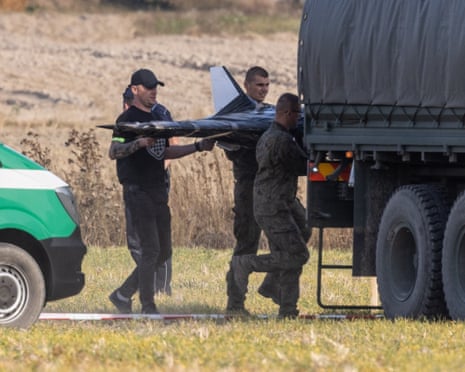
Later this morning we should hear from Nato’s Supreme Allied Commander Europe Alexus Grynkewich today and get his assessment on what happened in Polish skies on Thursday morning.
Separately, the focus will be turning to Brussels in the anticipation of more details about the next, 19th, package of sanctions against Russia and hopes that the measures could be closely coordinated with the US administration.
US energy secretary Chris Wright is in Brussels too, for talks on energy.
Looks like a busy day ahead. I will bring you all the key updates here.
It’s Thursday, 11 September 2025, it’s Jakub Krupa here, and this is Europe Live.
Good morning.

 2 months ago
55
2 months ago
55
